The fight for press freedom is bigger than Julian Assange
The Wikileaks founder may be free, but the right to publish and be damned is as precarious as ever.

Want to read spiked ad-free? Become a spiked supporter.
The years-long persecution of Julian Assange is about to come to an end. Thanks to a plea deal arranged between the US and Australia, the Wikileaks co-founder left the UK last night for Saipan, a remote US territory in the western Pacific, where his case is expected to be resolved with a single short hearing. He can then return to his native Australia, where he can finally walk free.
Assange spent five gruelling years locked up in London’s Belmarsh, a high-security prison, usually reserved for terrorists and other enemies of the state. Before that, he spent seven years holed up in the Ecuadorian embassy in London, trying to escape the threat of extradition to the US. In 2019, an indictment was unsealed, revealing that he was wanted by the US authorities for 17 charges of espionage and one of computer misuse. If found guilty of all charges, he could have faced up to 175 years in a so-called supermax prison, effectively in solitary confinement.
Assange’s release came as a genuine surprise. Indeed, the plea bargain, which will allow him to walk free by pleading guilty to just one of the 18 charges he faces, marks a radical shift in US policy. Until recently, prosecutors in the Biden administration and the Trump administration before it were determined to imprison him and to make an example of him. In 2017, senior CIA officials and Trump’s secretary of state even discussed the possibility of kidnapping and assassinating him. Few observers expected this sudden act of clemency. Contempt for Assange has been a rare point of bipartisan agreement in US politics, stretching right back to the early 2010s, when Wikileaks and Assange first made a name – and enemies – for themselves.
So what was Assange supposed to have done to deserve such severe punishment? Journalism – publishing things that are true, but which the powers-that-be wanted to keep hidden. These included classified documents and videos from the wars in Iraq and Afghanistan, and the contents of around a quarter-of-a-million secret diplomatic cables from US embassies. The stories that emerged from these leaks were printed in and broadcast on almost every major media outlet in the world.
It is no exaggeration to say that Assange’s only ‘crime’ was to break stories. The Obama administration essentially admitted as much when it first considered using the Espionage Act to go after him. In 2013, the Department of Justice conceded that prosecuting Assange for publishing classified material would mean it would also have to prosecute ‘the New York Times and other news organisations and writers who published classified material, including the Washington Post and Britain’s Guardian newspaper’. Logically, as the Atlantic magazine noted when Wikileaks burst on to the scene, such a move might also have made it illegal for any social-media user to share a link to a Wikileaks-derived news story on his or her personal page.
Any caution about prosecuting Assange was thrown to the wind in 2017, when Wikileaks published over 8,000 classified documents from the CIA, some of which revealed the secret techniques agents use to bug people’s phones remotely. This led the then CIA leader, Mike Pompeo, to brand Wikileaks a ‘non-state hostile intelligence service’. The US must not allow its ‘free-speech values’ to undermine the national interest, he said, as he made the case for prosecuting Assange. Two years later, Pompeo, who had by then been promoted to be Trump’s secretary of state, issued the 18 indictments that would have condemned Assange to a lifetime in prison – and would have turned publishing inconvenient truths into a form of criminal ‘espionage’.
Assange’s release marks an all-too rare victory for press freedom. Understandably, given the sheer length of his ordeal at the hands of the UK and US authorities, he has become something of a cause célèbre. But his case is far from the only example of the freedom to publish being threatened – particularly in the UK.
Indeed, many of Assange’s cheerleaders, whether in Britain’s Corbynista left or in the liberal intelligentsia, are fair-weather friends of press freedom, to put it mildly. Take former Guardian editor Alan Rusbridger, who today raises ‘two cheers’ for Julian’s release. This is the same Alan Rusbridger who, in 2012, welcomed Lord Justice Leveson’s show trial of the British tabloids and, when questioned in the dock, warmed to the idea of reviving state-backed regulation of the press. This would have introduced a level of government interference in journalism not seen since Crown licensing of the printing press was abolished in 1695. (It could still happen, too, if Labour gets into power next month.)
Britain’s great and good seem to take a very selective approach to media freedom. Few are prepared to defend the red tops or the upstart news channels (particularly, the much-maligned GB News) against the never-ending calls to have them shut down or harshly regulated, the endless lawsuits they face by the rich and powerful or the advertising boycotts that threaten to choke off their funding. None of these targets faces the prospect of a five-year spell in Belmarsh, of course, let alone 175 years in a US supermax, but press freedom is still being chilled and curtailed by this censorial atmosphere. The inevitable end point is a press that bends the knee to power rather than speaks truth to it.
Assange’s walk to freedom is undoubtedly good news. A dangerous legal precedent that would have criminalised journalism has mercifully been averted. But the freedom to publish and be damned remains as fragile as ever.
Fraser Myers is deputy editor at spiked and host of the spiked podcast. Follow him on X: @FraserMyers.
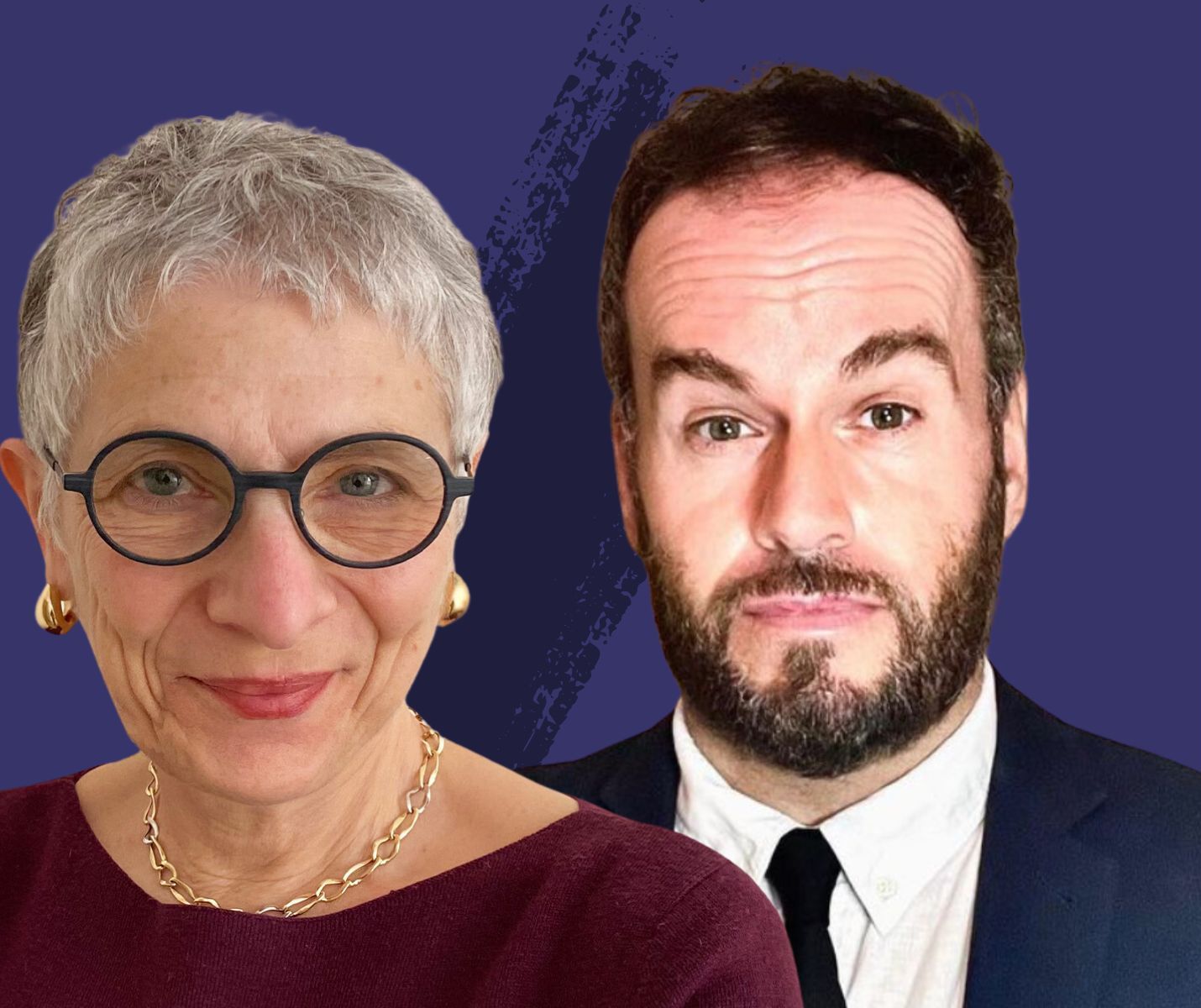
Melanie Phillips and Brendan O’Neill – live and in conversation
Wednesday 26 June – 8pm to 9pm BST
This is a free event, exclusively for spiked supporters.
Picture by: YouTube.
To enquire about republishing spiked’s content, a right to reply or to request a correction, please contact the managing editor, Viv Regan.

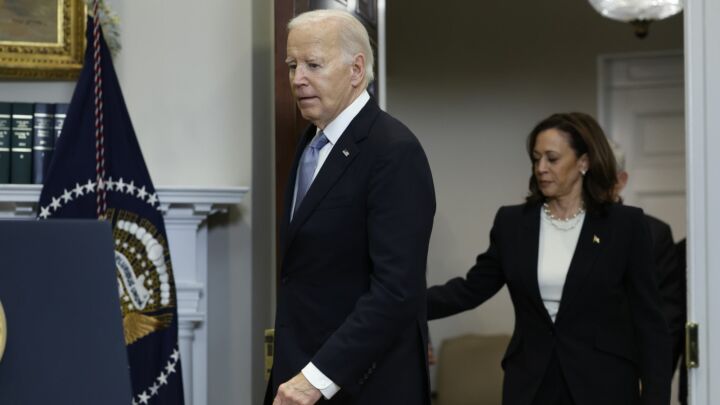

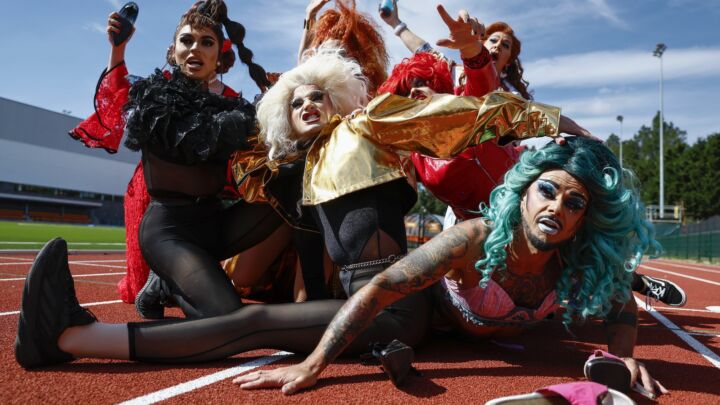

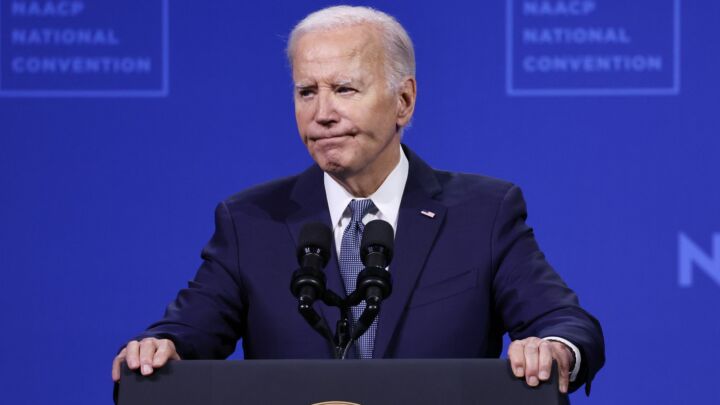
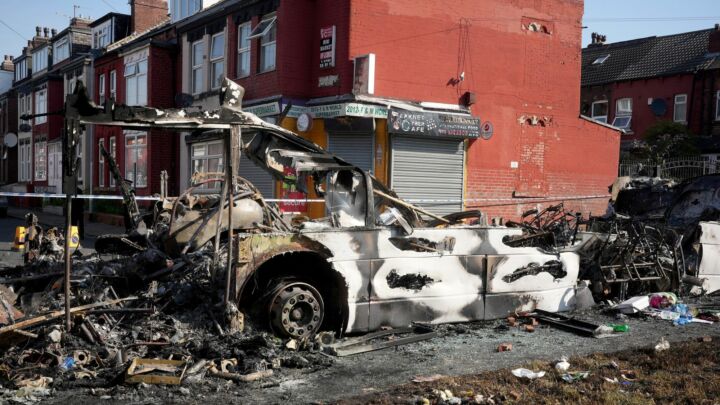

Comments
Want to join the conversation?
Only spiked supporters and patrons, who donate regularly to us, can comment on our articles.